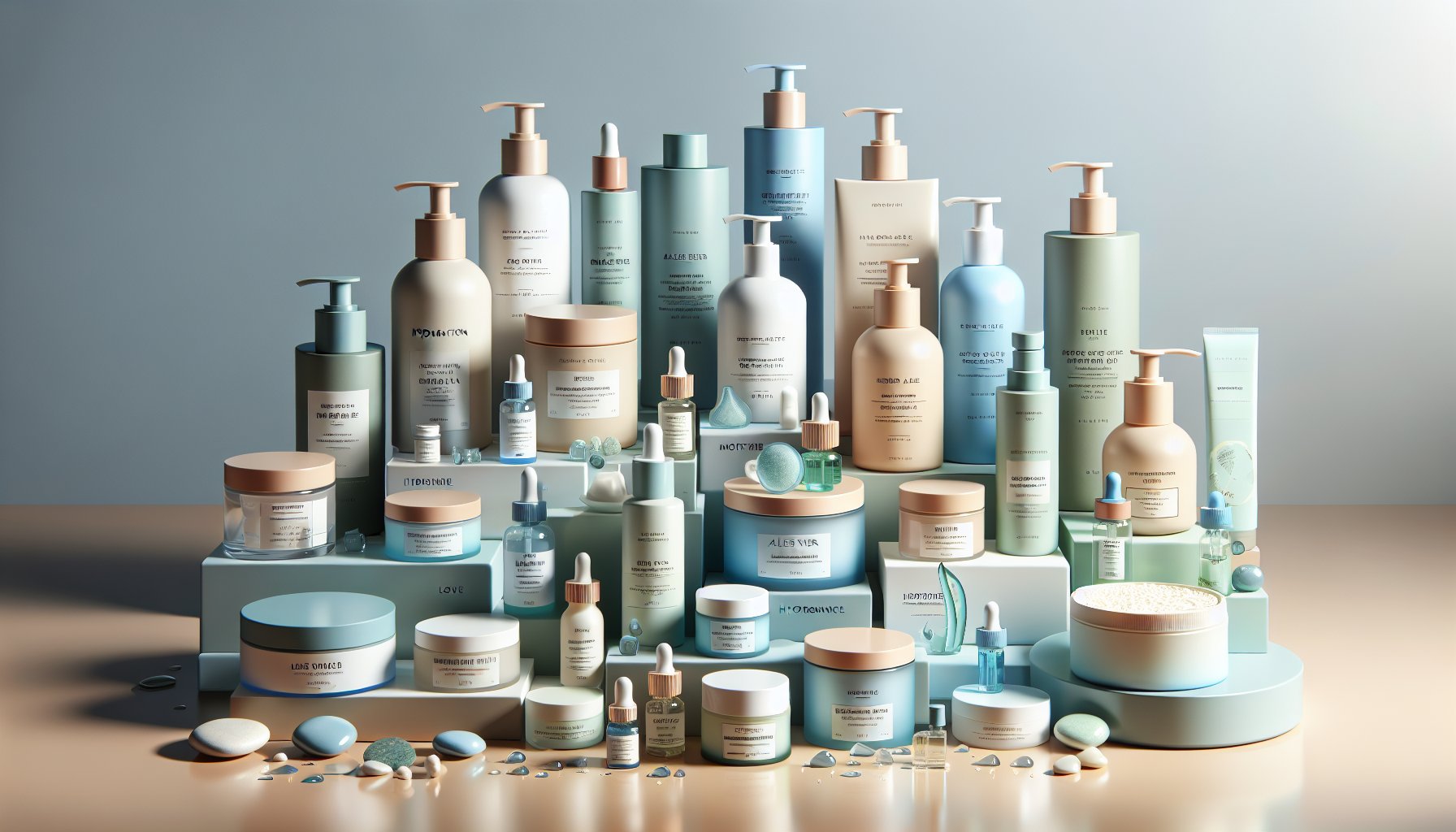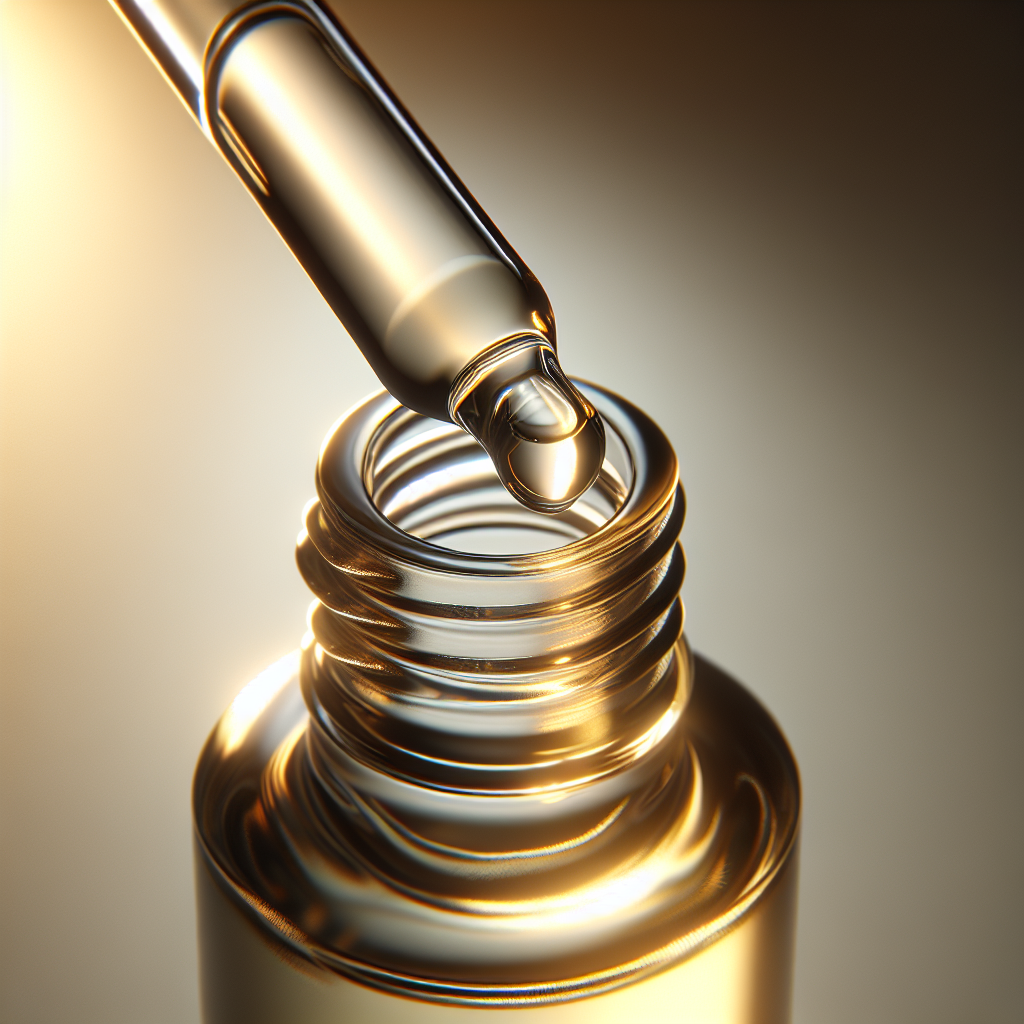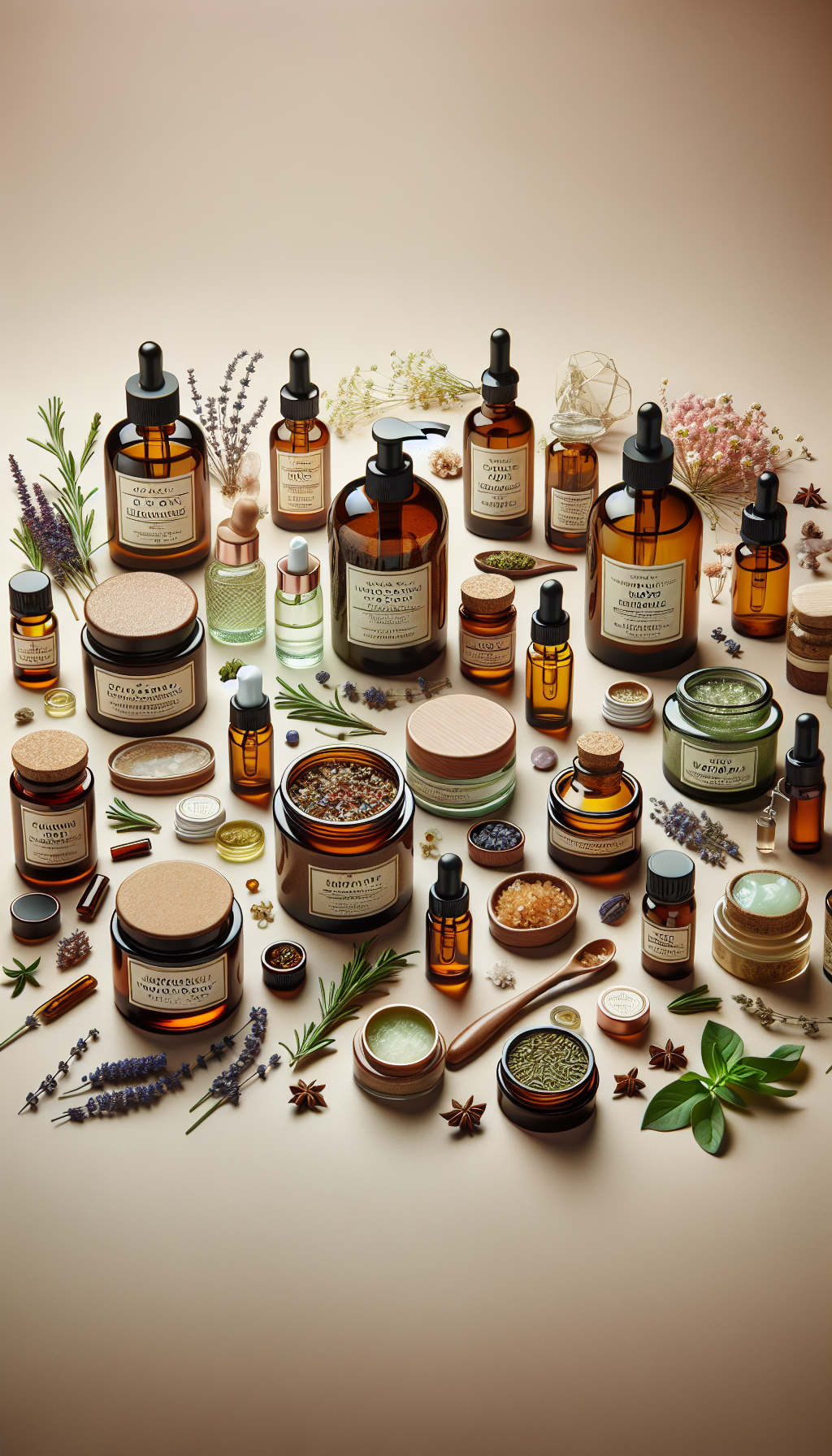Hydration is the cornerstone of healthy, radiant skin. As the body’s largest organ, your skin requires a consistent influx of moisture to maintain its elasticity, ward off wrinkles, and keep its barrier intact. However, the journey to achieving well-hydrated skin involves more than just drinking eight glasses of water a day; it’s about supplementing your skin’s moisture levels with top-notch ingredients that lock in hydration and support overall skin health. In this comprehensive guide, we will unveil the key ingredients you should look for in hydrating skincare products to ensure your skin remains supple, smooth, and youthful.
Hyaluronic Acid: The Hydration Powerhouse
Hyaluronic acid is a naturally occurring polysaccharide found in the human body. Renowned for its ability to hold up to 1000 times its weight in water, this ingredient is a hydration hero. When applied topically, hyaluronic acid acts as a magnet for moisture, helping your cells retain as much of it as possible so that your skin feels and appears hydrated, plump, and healthy.
Find products that contain different molecular weights of hyaluronic acid to ensure hydration at every level of your skin. From surface-level moisture to deeper dermal hydration, the varying sizes of hyaluronic acid molecules penetrate different layers of the skin, providing comprehensive moisturization.
Glycerin: The Humectant Healer
Glycerin is another humectant that’s crucial for maintaining skin’s moisture levels. It works by drawing water from the air into the skin’s outer layer and is also known to support the skin’s natural barrier functions. Glycerin is gentle enough for use on even the most sensitive skin types and is effective at providing lasting hydration.
For an in-depth exploration of skin health and how to maintain it, visit Skin Health.
Ceramides: Fortifying the Skin’s Barrier
Ceramides are lipids that help form the skin’s barrier and help skin retain moisture. They play an essential role in keeping skin protected against environmental aggressors and pollutants. As we age, the natural production of ceramides decreases, leading to drier, more irritated skin. Incorporating ceramides into your skincare routine can help replenish this vital lipid, ensuring your skin remains hydrated and resilient.
Squalane: The Stable Oil
Squalane, not to be confused with squalene, is a saturated and stable hydrocarbon that mimics your skin’s natural oils. It’s an excellent emollient that can prevent the ongoing loss of hydration that impairs dermal suppleness. Squalane is also non-comedogenic, making it suitable for all skin types, including oily and acne-prone skin.
Antioxidants: The Protective Shield
Antioxidants like Vitamins C, E, and ferulic acid not only protect the skin from environmental damage but can also improve skin’s texture and retain moisture. Vitamin C, in particular, can help boost collagen production, which leads to firmer skin that holds onto moisture better.
For insights into how antioxidants can rejuvenate your skin, consider reading Analysing the Benefits of Retinol for Skin Rejuvenation.
Aloe Vera: The Soothing Moisturizer
Aloe vera is renowned for its soothing and healing properties, especially after sun exposure. It provides a lightweight layer of moisture that is perfect for oily or acne-prone skin types. Additionally, aloe vera contains vitamins, minerals, and amino acids that nourish the skin.
Niacinamide: The Multitasker
Niacinamide, or vitamin B3, is a versatile ingredient that helps improve the skin’s elasticity, diminishes fine lines, and offers brightening effects. It also increases ceramide production, which, in turn, improves skin hydration.
Peptides: The Building Blocks
Peptides are short chains of amino acids that serve as building blocks for proteins such as collagen and elastin. These proteins are essential for maintaining the skin’s firmness and elasticity. Peptides in skincare can help signal your skin to produce more collagen, leading to firmer, more hydrated skin.
To understand how peptides can complement your skincare routine, read The Role of Collagen Supplements in Skin Health.
Natural Oils: The Nourishing Emollients
Natural oils like argan oil, rosehip oil, and jojoba oil can provide intense moisture and have healing properties. They are packed with essential fatty acids, vitamins, and antioxidants that strengthen the skin’s lipid barrier, ensuring that it stays hydrated.
When incorporating hydrating ingredients into your skincare routine, it’s vital to look beyond the labels and understand the science behind what makes these ingredients effective. For example, a study published in the Journal of Clinical and Aesthetic Dermatology highlights the synergistic effects of hyaluronic acid when combined with other moisturizing agents. Similarly, research in the International Journal of Dermatology emphasizes the role of ceramides in barrier function and skin hydration.
It’s also important to remember that skin hydration isn’t just about what you apply topically. Lifestyle factors such as diet, water intake, and environmental humidity all play a part in your skin’s hydration levels. For more specialized tips on nurturing your skin’s health through various means, explore online resources like the American Academy of Dermatology and the International Dermal Institute, which offer a wealth of knowledge on skin care practices.
In summary, achieving well-hydrated skin is a multifaceted endeavor. By choosing products enriched with the aforementioned ingredients and taking a holistic approach to your skincare routine, you can ensure your skin stays hydrated, healthy, and radiant. Remember to consult with a dermatologist or skincare professional to tailor a regimen that suits your specific needs, and always patch test new products to avoid adverse reactions.
With the right ingredients and knowledge, you can embrace a skincare routine that not only hydrates but also fortifies and rejuvenates your skin.



